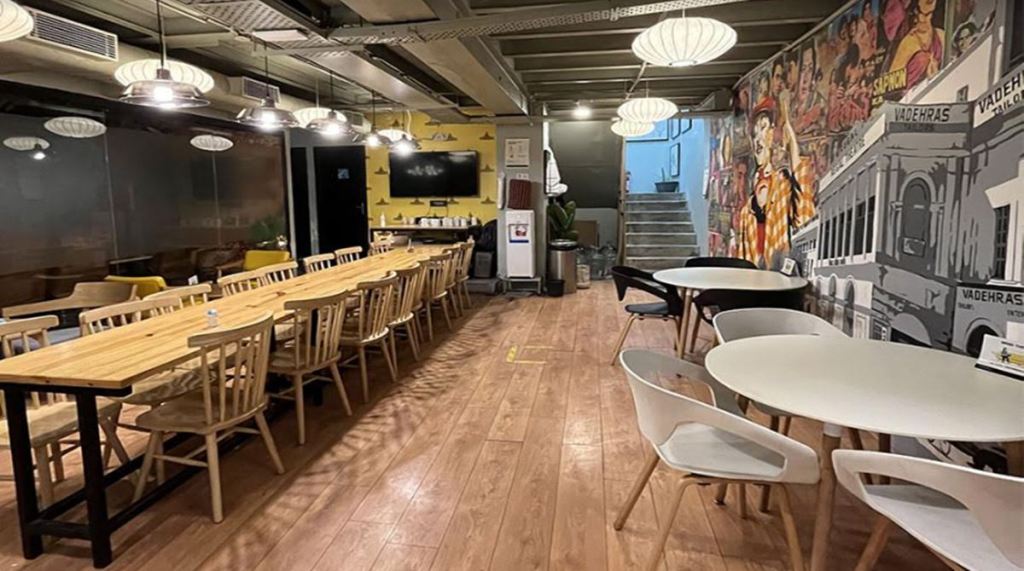In the rapidly-transforming business arena, emerging ventures continuously search for strategies to reduce expenditure while enhancing operational efficacy. One pioneering innovation significantly contributing to these objectives is the emergence of bespoke, adaptable co-working spaces. These shared work environments have become a significant asset for startups, presenting custom-made, flexible solutions that considerably reduce financial burdens.
Upon leafing through the pages of traditional business operations, it becomes evident that start-up entities are oftentimes confronted with the formidable task of purchasing or leasing commercial spaces. This process, further compounded by the need to equip these places with the necessary equipment and furniture, led to a considerable initial and fixed financial commitment. The burden of such a notable outlay could lead to the redirection of valuable resources away from the start-ups’ main business operations.
However, the advent of co-working spaces has eased this challenge by providing businesses with ready-to-use office environments, thereby avoiding the requirement for a substantial initial expenditure. Recognising the benefits, an increasing number of startups have begun to shift towards these co-working spaces. This shift has led to the operational flexible office stock across the nation’s seven leading cities touching around 53 million square feet, a significant surge of approximately 75% from the pre-pandemic level of roughly 30.3 million square feet.
Also Read: 7 benefits of paying your credit card bill before the due date
One of the paramount benefits of co-working spaces lies in their unparalleled flexibility. Startups, being inclined towards rapid expansion, frequently encounter the necessity to swiftly scale their operations. Co-working spaces seamlessly accommodate this dynamic agility, allowing companies to effortlessly expand their rented spaces to match their growth or efficiently downsize during periods of frugality. The inherent scalability of such spaces translates into considerable cost savings and a diminishment of financial hazards, as startups are saved from being tethered to long-term leases. Moreover, these co-working spaces often embrace all-inclusive pricing models, including utilities, internet access, cleaning services, and even indulgences like premium coffee and well-equipped kitchen facilities. This aspect affords unparalleled predictability in budgeting and effectively eradicates the spectre of unforeseen expenses, constituting an additional boon for cost-conscious startups.
Certain co-working domains extend custom resolutions to startups, giving them access to guidance programmes, pitch events, and potential investors. These establishments may also provide administrative and business support services, liberating entrepreneurial teams to concentrate on invention and expansion instead of trivial day-to-day chores. Moreover, co-working spaces enable startups to manifest a stronghold in prime locations that would ordinarily be financially inaccessible, adding credibility and helping to attract both talent and clients. This simultaneously alleviates the burden of ventures investing in a multiplicity of office spaces across varied locations, which would otherwise cumulate into substantial fixed expenditures.
Ultimately, the indubitable value of co-working spaces lies in their inherent adaptability and tailored characteristics, making them an indispensable asset for startups. Through a commendable reduction of superfluous expenditures, facilitated scalability, and the fostering of a vivacious and nurturing ambience, co-working spaces greatly contribute to the prosperous evolution of startups. Notably, the global trend has witnessed an escalating adoption of such spaces, with an approximated surge of flex spaces in the overall portfolio of Indian occupiers reaching an impressive 10-12% in the year 2023. This trajectory is anticipated to ascend further as more startups recognise and embrace the myriad financial advantages conferred by this pioneering approach to work.
(By Sparsh Khandelwal, Founder, CEO and Managing Director of Stylework. Views are personal)

